
Carey Nieuwhof is a blogger, podcaster and founding pastor at Connexus Church in Ontario, Canada. He’s passionate about helping people thrive in life and leadership. In his new book, Didn’t See it Coming, Carey shines a light on the biggest threats to the life you really want to live—and the keys to overcoming them.
WCA: In your book, you pose the question, “Are there clues you can detect along the way to save yourself from heartache, loss and pain?” Tell us what you have learned in trying to answer that question.
CAREY NIEUWHOF: The issues I talk about in Didn’t See It Coming are almost all silent creepers: cynicism, compromise, pride, burnout and even irrelevance
Unless you know what to look for, you don’t realize you’ve succumbed to it until you’ve succumbed to it. So, you can absolutely see the roadblocks coming. The challenge is that, in the case of these issues, the signs are subtle. You have to know what to look for, which is why they’re such frequent challenges that either take leaders out or cap their growth.
WCA: You write, “Competency doesn’t determine capacity. Character does.” How does this reality affect the way we lead?
NIEUWHOF: When I was a young leader, I thought competency was the key to everything. All I had to do to realize my potential as a leader was get smarter, work harder and sharpen my skills. And for sure, competency gets you in the room. What I’ve realized over time, though, is that while competency gets you in the room, character keeps you in the room. Character is the ultimate determiner of capacity in leadership. It’s your legacy, and it’s what keeps you qualified to lead, especially today.
Spiritual maturity is not based on how much you know, but on how well you love
WCA: In your experience, where do leaders most frequently have blind spots and how can they make necessary changes?
NIEUWHOF: Moral compromise doesn’t always start with big compromises, it often begins with 1,000 little compromises.
For example, a few years ago I noticed that my private walk and public talk were out of sync. I told people things were fine at home when in fact, I was arguing a lot with my wife; or that God and I were great when, in fact, I felt a bit distant.
The point is not to air your issues in public, but to be truthful in what you say. So, I started to make myself tell the truth no matter what. {When someone asks, “how are you?”} I say, “I’ve got a few things going on, but overall, I’m good. How are you?” is a much more honest answer than “Everything’s awesome!” when it’s not. And if the person talking with me is a close friend, a truthful answer often leads to deeper conversation in which I could open up about what’s going on at home or in my life. Being honest in my public talk made me accelerate my private walk. For your character to be solid, there has to be integrity at every level.
WCA: In the book you write, “For many in Western culture, spiritual maturity has been defined by how much you know about Scripture, about God and about the Christian faith. Sadly, the people who claim to be the most mature Christians are often judgmental, divisive and self-righteous. This isn’t maturity at all. In fact, it’s just the opposite.” If this isn’t what spiritual maturity looks like, what is it really?
NIEUWHOF: To me, spiritual maturity is not based on how much you know, but on how well you love. Jesus set that up as the greatest and only commandment, and the Apostle Paul said that our resumes were garbage if we didn’t love deeply.
I find that challenging because it’s much easier for me to be self-righteous and smart than it is to love deeply and well. Imagine what might happen if Christians weren’t known as self-righteous, arrogant and judgmental people, but instead were known as the most loving, compassionate gracious people whose lives were anchored in the truest meaning of life? The world might come running. That kind of maturity is desperately needed in the church and it’s also sadly lacking.
WCA: You mention in your book, it seems there is an epidemic of burnout in our world. Why does burnout seem to be more prevalent in our culture today than ever before?
NIEUWHOF: There are a number of factors that make burnout common. First, for church leaders, we enter a weird vortex in ministry where what we believe and who we are (Jesus’ followers) is also what we do. More work naturally feels like more faithfulness. That’s not true, of course, but it took me a decade of church leadership and a season of deep burnout to figure that out.
- More hours do not equal more faithfulness. Cheating your family actually means you’re cheating God. But I didn’t know that as a young leader.
- I’m a huge fan of technology, but technology has probably made burnout worse. Forty years ago, work used to stay at work because your computer (or pen and paper) stayed at the office. Now your office is in your pocket and in your messenger bag. Your life and your work are completely intermingled on your devices.
- You want to watch Netflix with your family, but as you open your device, you see that X is in the hospital, so off you go. I think the danger of leadership in the 21st century is that you’re never really able to get away from work.
You have to put in hard stops, clear boundaries and place solid lines around when you’re available and when you’re not. That’s hard when your calling seems so important and your work is in your pocket all the time.
WCA: You write about the 11 warning signs of burnout. Can you tell us a little bit about those?
NIEUWHOF: A lot of the signs are related to the fact that your passion is gone. Everyone seems to drain you, you’re not excited about ministry (or life) anymore. Your emotions are flat, and sleep and time off no longer refuel you. I think there are two kinds of burnout.
- The first is full-on burnout, which I experienced 12 years ago. Your life grinds to a halt, you can’t function well anymore, and you need to get help right away or you’re not going to make it.
- But there’s a second kind of burnout that I call low-grade burnout, and I see it in leaders all the time. Their passion is gone. Their emotions are flat. They’re drained. But they’re not so bad that they have to quit work or take time off. It’s like the functions of life continue but the joy of life is gone. I worry about that for leaders because it doesn’t have to be that way. Burnout is solvable, but so many leaders don’t know what to do.
If leaders are interested, I developed a short (unscientific) burnout quiz they can take. While it’s not a medical test, it can help leaders identify how healthy they are. Take it on my website for free: Carey Nieuwhof.
WCA: What is your top piece of advice for a leader who is feeling burned out?
NIEUWHOF: Quite simply: tell someone and get help, now. A lot of leaders who are either burned out or in low-grade burnout don’t want to admit they’re there. I get that. That was me. The 35-year-old me thought burnout was for wimps and people who couldn’t handle things. But denial is an accelerator. It just gets you there faster.
The best thing you can do is to go see a good Christian counselor and a doctor and get help.
Somewhere in my early years I had equated performance as a way of gaining acceptance and love, and of course, that was a lie. Now, I don’t feel the compulsion to work nearly as many hours as I used to. Ironically, with that burden lifted, I get much more done in less time. You’ll learn things like that. Help is your friend.
A lot of leaders who are either burned out or in low-grade burnout don’t want to admit they’re there
WCA: In the book, you remind us why we, as leaders, must get over ourselves. Talk about that.
NIEUWHOF: We’re all narcissists of sorts, aren’t we? I think that pride is simply an obsession with self. Some people are obsessed with themselves because they think they’re amazing. Most of us don’t feel that way. Talk to most leaders and they feel insecure. But insecurity still makes you obsessed with yourself—not because of how good you feel, but because of how badly you feel. None of that is healthy.
I love C.S. Lewis’ take on humility: “Humility is not thinking less of yourself. It’s thinking of yourself less.”
Fortunately for church leaders, we have the best mission on earth: the mission of the local church. The Kingdom of God is a much better kingdom than the kingdom of me. The antidote to self is to die to yourself and devote your life to a mission that’s bigger than you.
When you die to yourself, something greater rises.
To learn more, check out Carey’s book Didn’t See It Coming.



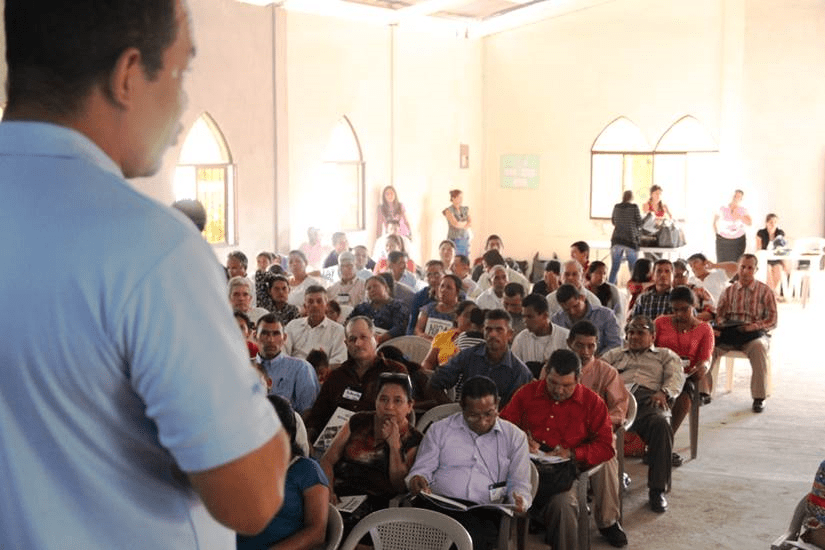
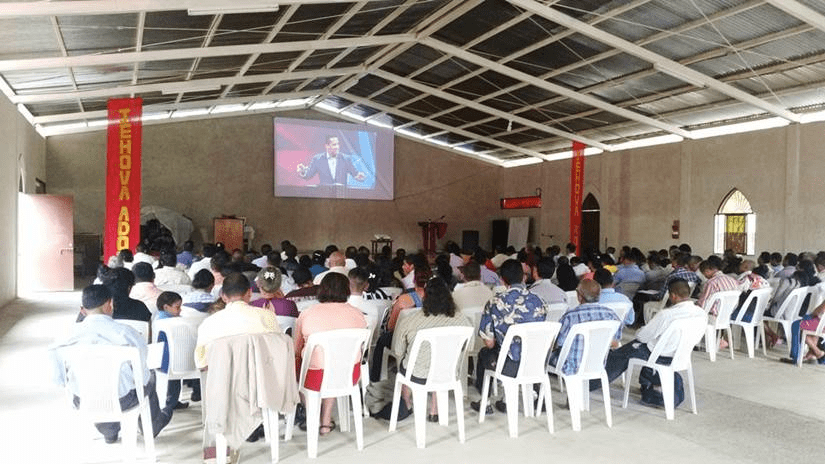
 Most of the pastors we are serving come to the Summit and say, “you know our denomination is not training us in leadership. If it were not for the GLS and ORPHANetwork, we wouldn’t be where we are today.” Seeing these pastors achieve results in their communities comes only from God. God has given us the opportunity to be a part of what He is doing. We have this great privilege to be His hands and His feet in Nicaragua.
Most of the pastors we are serving come to the Summit and say, “you know our denomination is not training us in leadership. If it were not for the GLS and ORPHANetwork, we wouldn’t be where we are today.” Seeing these pastors achieve results in their communities comes only from God. God has given us the opportunity to be a part of what He is doing. We have this great privilege to be His hands and His feet in Nicaragua.
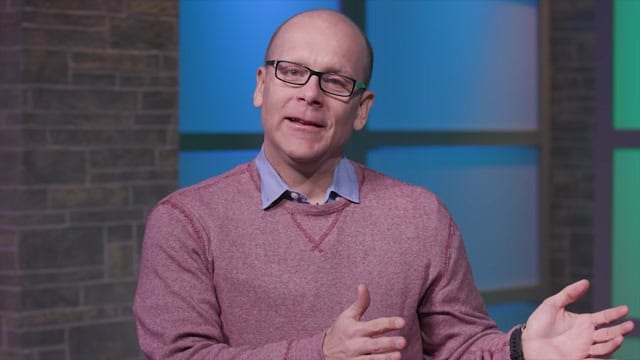
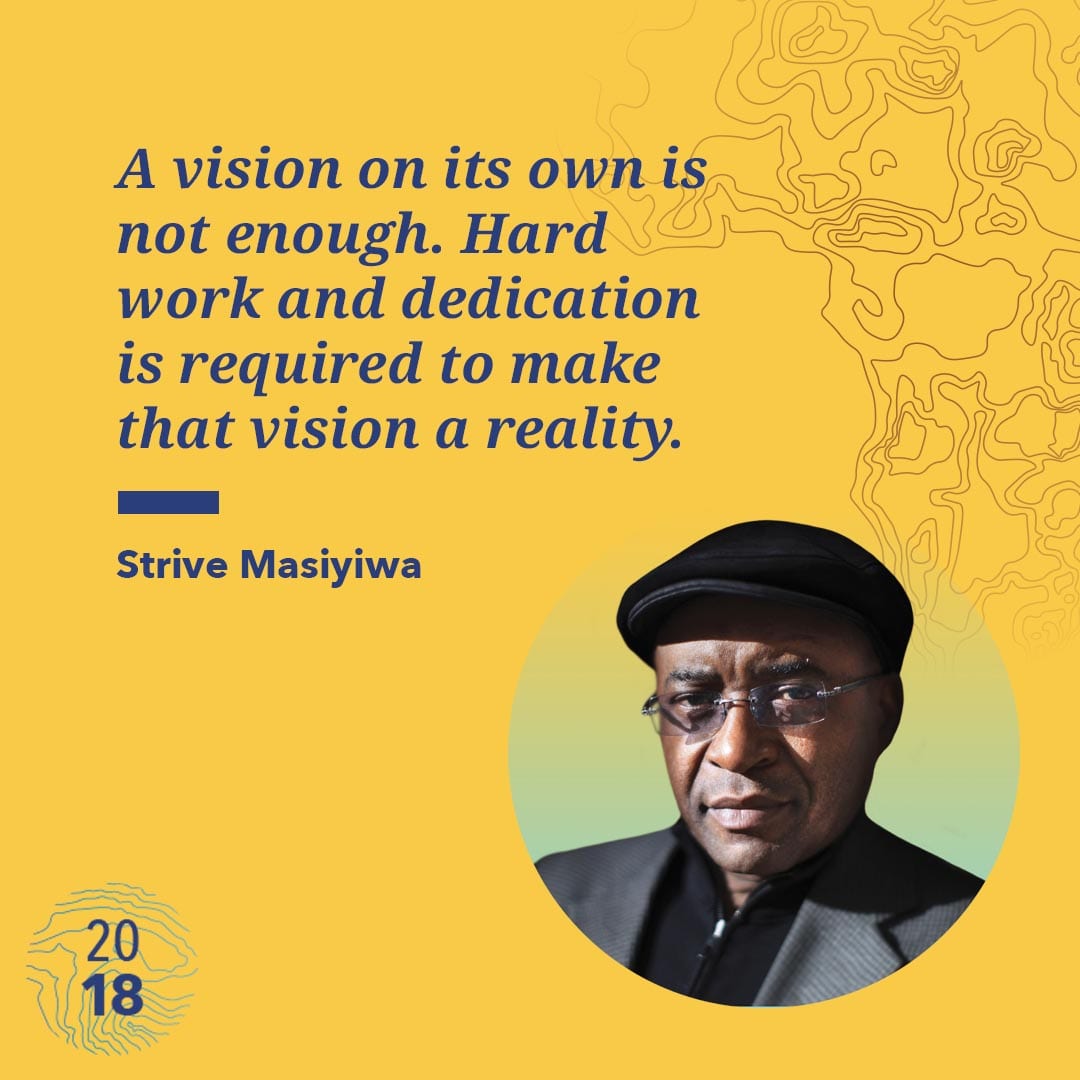

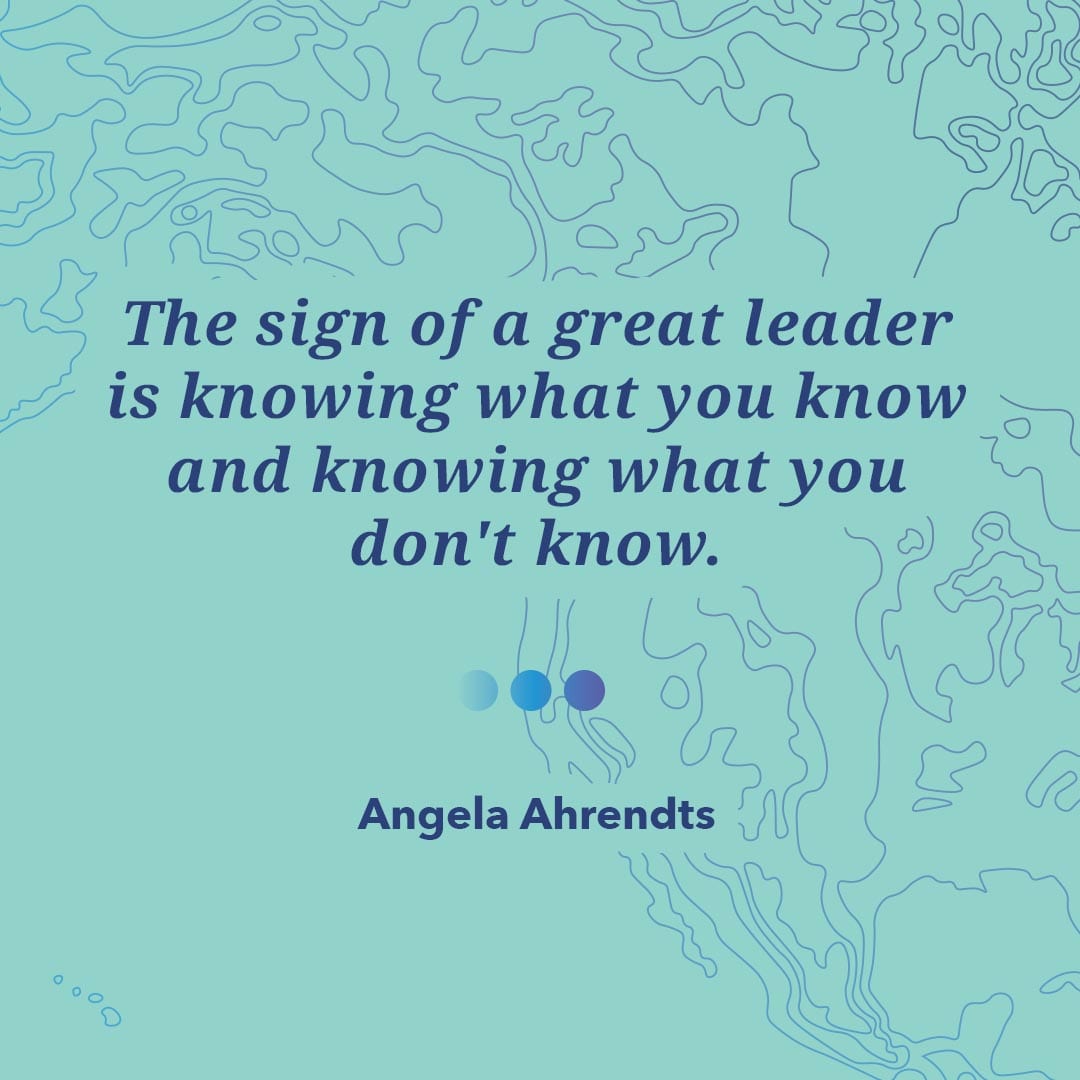
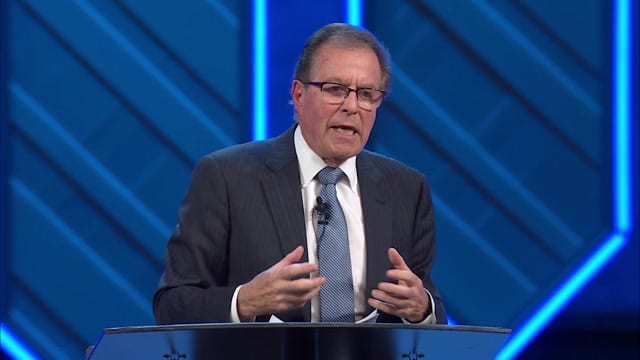

Recent Comments